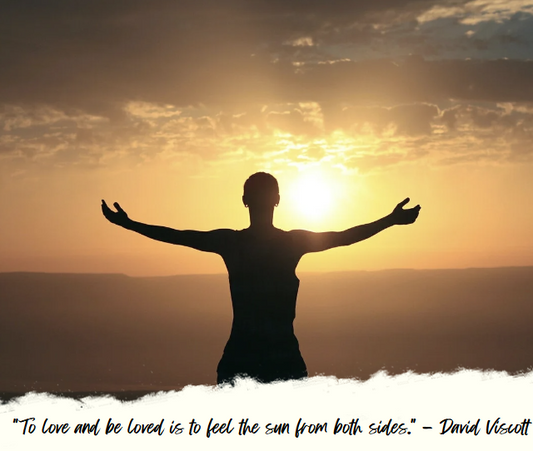"In life, you need either inspiration or desperation" captures a remarkable contradiction in the driving forces behind people's progress. In response to this viewpoint, people are motivated by inspiration or desperation at different points in their lives. Looking at this claim offers important new perspectives on the various motivational factors and the transformational potential of inspiration and desperation.
Inspiration acts as a magnet, pulling people towards their dreams and ambitions. It comes from motivating factors, exemplary people, and a clear sense of mission. Mentors, inspirational tales, individual accomplishments, and the search for a higher purpose can all serve as inspirational sources. People find a deep well of intrinsic motivation that propels them when they are inspired. When fuelled This idea fits in with the psychological theory of motivation, which makes a distinction between extrinsic and intrinsic motivators. Motivated by passions, values, and inner desires, inspiration is in line with intrinsic motivation. On the other hand, desperation is frequently motivated by extrinsic factors, such as outside pressure, threats, or the desire to prevent unfavourable outcomes.
Furthermore, the statement acknowledges that motivation is a dynamic concept that changes throughout life. People may go through periods in their lives when inspiration gives them a sense of direction and purpose. On the other hand, times of desperation can occur and force one to reevaluate priorities, values, and objectives. The dynamic combination of inspiration and desperation weaves a complex web of motivation that moulds individual development. This contradiction gains some agency from the importance of choice in embracing either inspiration or desperation. People can actively create a positive mindset, actively search out inspiration, and actively mould their motivational environment. On the other hand, people may experience desperation as a result of outside events or urgent problems, which will force them to react with fortitude, flexibility, and decisive action.
It is crucial to understand that inspiration and desperation can coexist and have an impact on various facets of life; they are not mutually exclusive. For example, someone could feel both desperate to get past present challenges and inspired by a vision of a better future. A delicate dance reflecting the complexity of human experiences is the balance between these driving forces. Ultimately, the adage "In life, you need either inspiration or desperation" prompts reflection on the various motivational factors that propel people forward. Inspiration and desperation have the same transformative power; they can affect decisions, deeds, and life paths. Understanding the interaction of these motivating factors enables people to make thoughtful decisions about where to find inspiration and to respond resiliently in the face of adversity. In the end, people have the ability to use these forces—the pull of inspiration or the push of desperation—for their own personal development, fulfilment, and search for a meaningful life. by inspiration, individuals find a deep well of intrinsic motivation that propels them to pursue excellence, overcome challenges, and contribute meaningfully to their own lives and the lives of others.
On the flip side, desperation operates as a compelling force that pushes individuals away from undesirable circumstances or conditions. It frequently results from a feeling of necessity, urgency, or frustration with the way things are going at the moment. Desperation can be a potent force for transformation, compelling people to face discomfort, make tough choices, and take risky actions to get out of uncomfortable circumstances. Desperate situations can inspire people to be resilient and resourceful, drawing from previously unrealized creative and strength potential.







